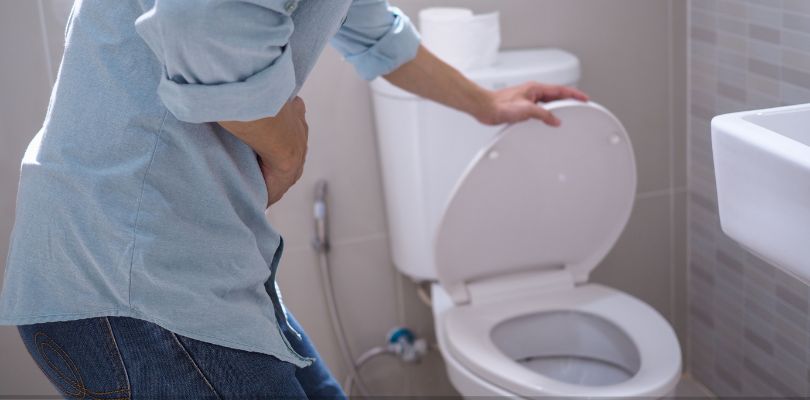Beyond the Skin
Psoriasis is a chronic autoimmune condition that primarily affects the skin, causing red, scaly patches. However, its impact goes beyond the skin, potentially affecting various bodily functions. Recent studies suggest that psoriasis may have a link to bladder and bowel control issues, including overactive bladder (OAB). Understanding this connection is crucial for managing symptoms and improving quality of life for those affected.
Drinks to Avoid for Overactive Bladder (OAB)
Here are some drinks to avoid:
Caffeinated Beverages
- Coffee.
- Tea.
- Energy drinks.
Alcoholic Drinks
- Beer.
- Wine.
- Spirits.
Carbonated Drinks
- Soda.
- Sparkling water.
- Fizzy juices.
Citrus Juices
- Orange juice.
- Lemonade.
- Grapefruit juice.
Artificially Sweetened Beverages
- Diet soda.
- Sugar-free drinks.
Tomato-based Drinks
- Tomato juice.
- Vegetable juice blends with tomato.
Spicy Drinks
- Spicy vegetable juices.
- Spiced teas.
Managing OAB often involves lifestyle and dietary modifications, including avoiding certain drinks that can irritate the bladder and worsen symptoms.
Understanding Psoriasis and Its Impact
Psoriasis occurs when the immune system mistakenly attacks healthy skin cells, accelerating their production and leading to the formation of thick, scaly patches. While the exact cause of psoriasis is unknown, it is believed to involve a combination of genetic and environmental factors.
Psoriasis and Overactive Bladder
Overactive bladder (OAB) is a condition characterized by a sudden, uncontrollable urge to urinate, often leading to frequent urination and, in some cases, incontinence. Although psoriasis and OAB seem unrelated, chronic inflammation associated with psoriasis can contribute to various systemic issues, including bladder dysfunction.
Psoriasis and Bowel Control
Similarly, psoriasis may also impact bowel control, leading to conditions like irritable bowel syndrome (IBS). The chronic inflammation seen in psoriasis can affect the gastrointestinal tract, causing symptoms such as abdominal pain, bloating, and changes in bowel habits.
Managing Psoriasis and Bladder/Bowel Control
To manage psoriasis and its potential impact on bladder and bowel control, consider the following tips:
- Consult healthcare providers: Work with dermatologists, urologists, and gastroenterologists to develop a comprehensive treatment plan.
- Medications: Use prescribed medications to control psoriasis and OAB/IBS symptoms.
- Dietary modifications: Avoid foods and drinks that can trigger symptoms, and maintain a balanced diet to support overall health.
- Lifestyle changes: Incorporate regular exercise, stress management techniques, and good sleep hygiene into your routine.
Navigating Bladder and Bowel Challenges with Psoriasis
Understanding the link between psoriasis and bladder/bowel control issues is essential for effective management. By avoiding certain drinks and adopting a comprehensive approach to treatment, individuals can improve their quality of life and reduce the impact of these conditions. Always consult with healthcare providers to develop a tailored plan that addresses your specific needs and symptoms.
